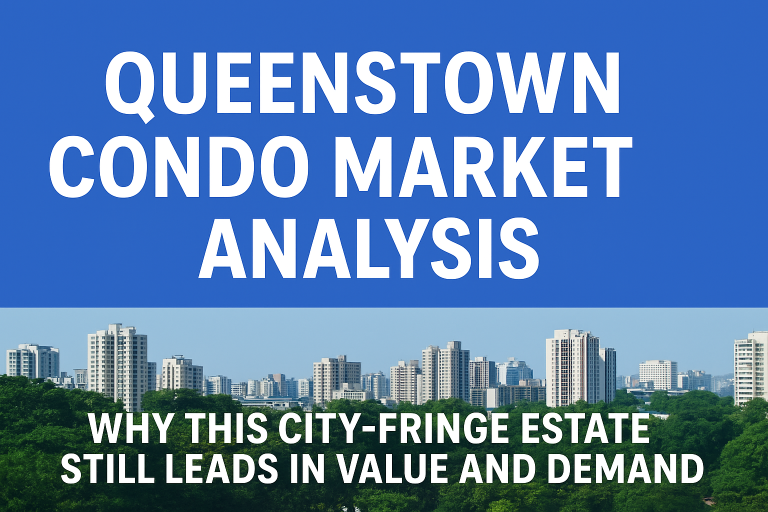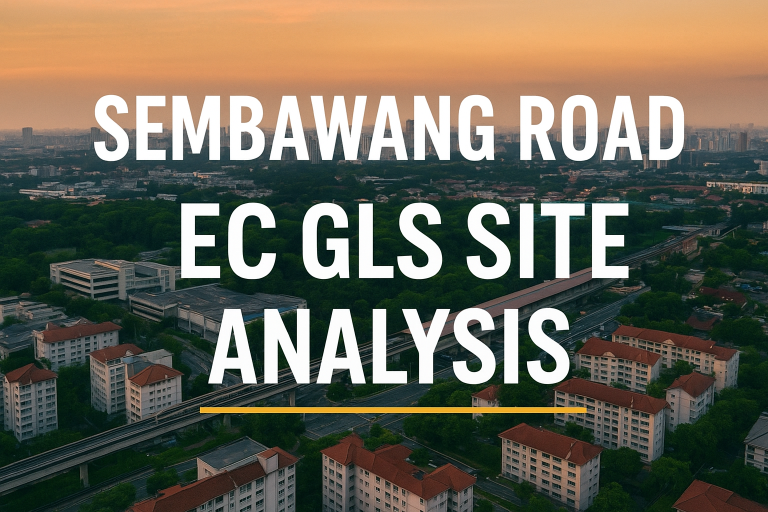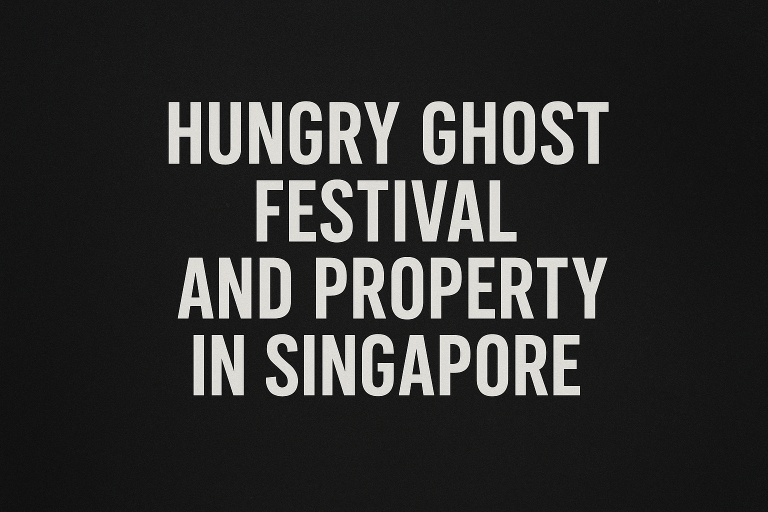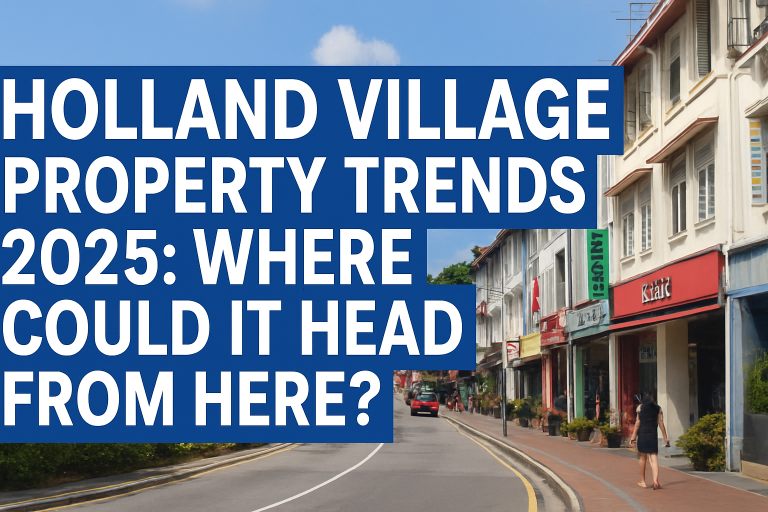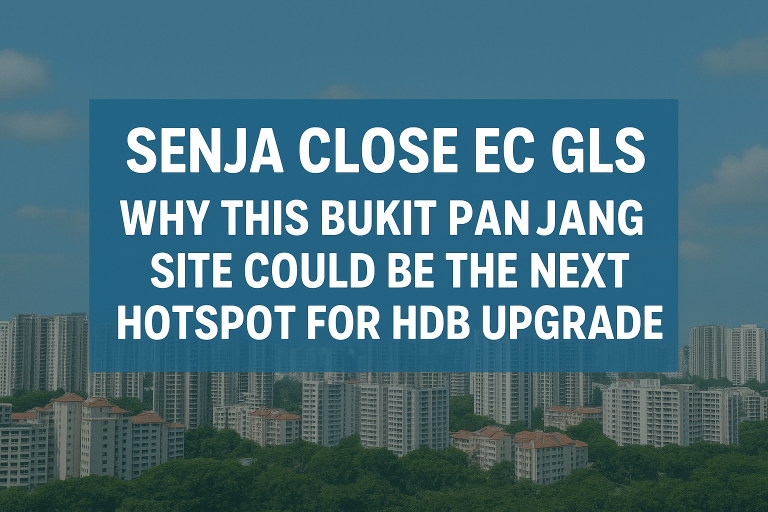Hungry Ghost Festival Beliefs: Do They Still Impact Property Activity in Singapore?
Growing up in Singapore, many of us have heard our fair share of quirky superstitions — from finishing every grain of rice on our plate (so our future spouse won’t get pimples!) to never opening umbrellas indoors for fear of attracting unwanted spirits. These long-held beliefs have quietly shaped how we go about daily life — and for some, even major life decisions like buying a home.
Every year, as the Hungry Ghost Festival approaches, the familiar scent of incense and the glow of joss paper offerings fill our neighbourhoods. According to traditional East Asian beliefs, the seventh lunar month marks the time when the gates of the underworld open, allowing spirits to roam among the living. While that may sound like a story meant to spook children, it still sparks real effects in the property market — at least for some buyers and sellers.
But in modern Singapore, where property is both an investment and a lifestyle choice, do these beliefs still hold any weight?
1. Night Viewings: Avoided or Overrated?
Traditionally, night property viewings during Hungry Ghost Month are frowned upon. The reasoning? Empty homes after dark are thought to be more inviting to wandering spirits. Superstitious buyers may avoid calling names loudly or entering units without first knocking or ringing the bell “to show respect.”
Today, most agents acknowledge this cultural sensitivity. Many simply schedule daytime viewings instead, not out of fear — but to help clients feel comfortable and avoid any sense of unease. After all, a calm buyer is far more likely to appreciate a property’s true appeal.
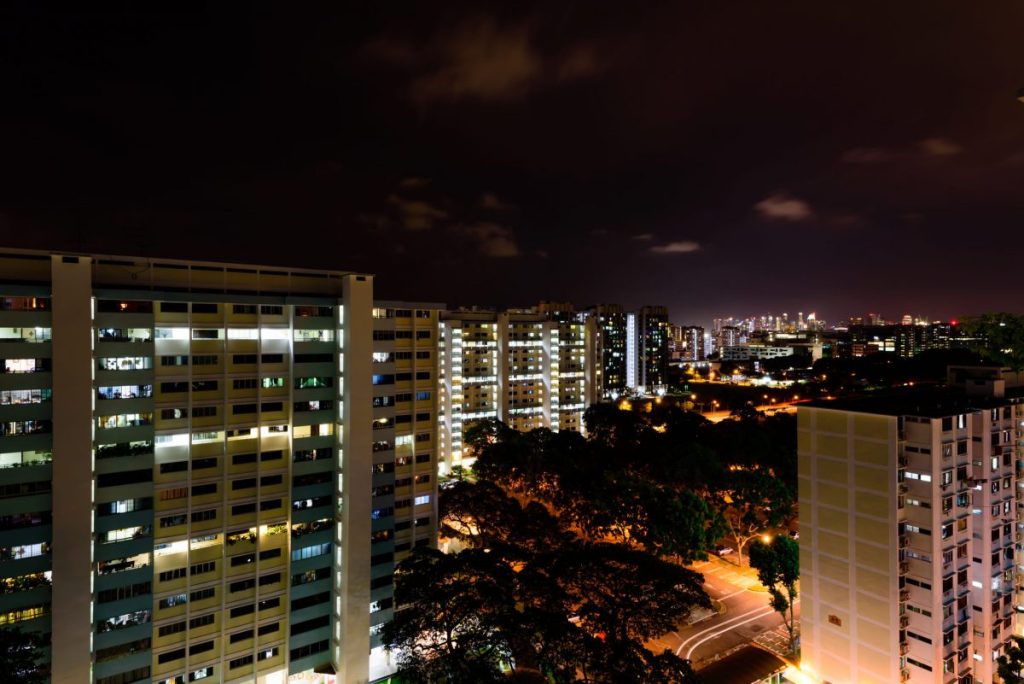
2. Developers Hold Off Launches Until After Ghost Month
It’s not uncommon for developers to postpone project launches until after Hungry Ghost Month. Even if they don’t believe in superstition, they recognise that some buyers prefer to “wait it out.” Launching too early could mean slower take-up rates — something every sales team aims to avoid.
During this period, showflats stay open, but crowds are smaller. Ironically, this gives serious buyers a golden chance to explore projects more freely, without the usual launch-day rush.
3. Prayers for Smooth Business Operations
Across the island, business owners — including property agents — perform seventh-month prayers to ensure smooth operations. It’s not just about tradition; it’s about intention. Offerings of fruits, incense, and joss paper symbolise gratitude and a wish for harmony in business dealings.
For property professionals, it’s also a way to channel positive energy, attract luck, and maintain strong client relationships during a month often seen as “quiet.”
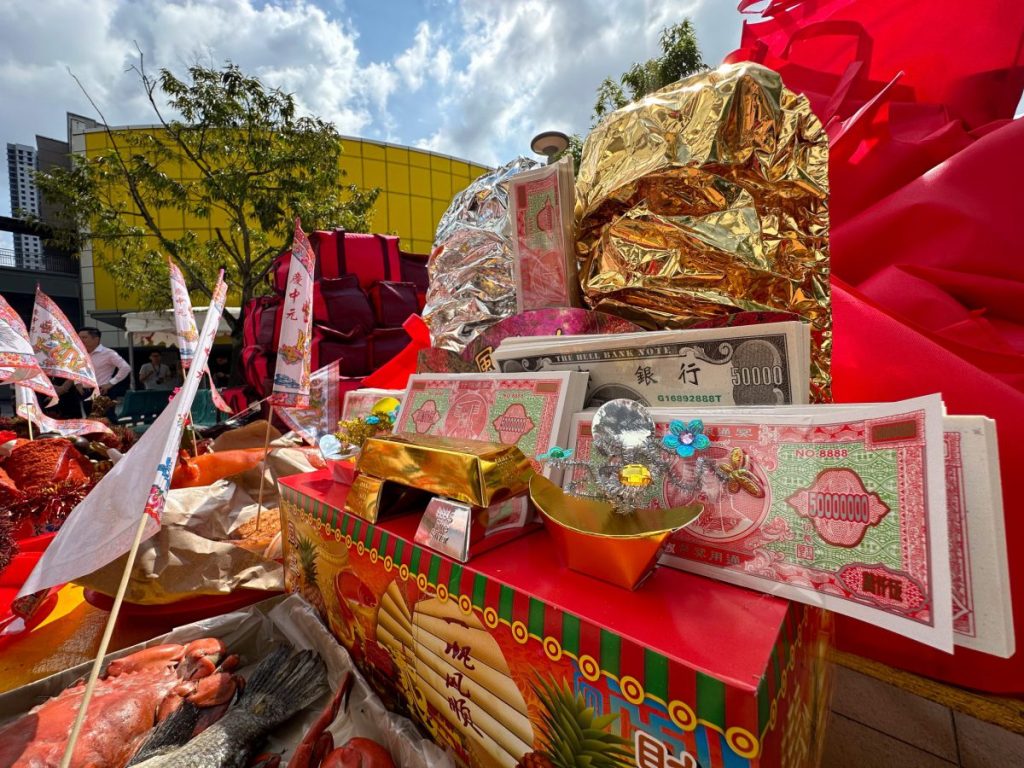
4. Buyers Avoid Major Purchases During the Month
Some homebuyers delay signing deals or making big commitments during Hungry Ghost Month. It’s common for agents to notice slower transaction activity, with clients preferring to wait until the month passes.
To adapt, savvy agents advise clients to use this period strategically — by viewing properties, placing deposits, or finalising paperwork early, and then officially completing the transaction after the festival.
5. Moving In? Not Yet.
Moving into a new home during Hungry Ghost Month is widely seen as inauspicious. Families often choose to wait, believing that disturbing the “spiritual peace” of a new space could invite misfortune.
Agents and designers usually advise clients to symbolically “occupy” the home — such as by placing rice or fruits indoors — while delaying the full move-in until after the month.
6. No Renovations, Please
Renovation work, especially loud drilling or hammering, is avoided during this period. The belief is that such noise could anger spirits or bring bad luck. Interior designers often plan schedules carefully around this month, ensuring clients can start work either before or well after the festival.
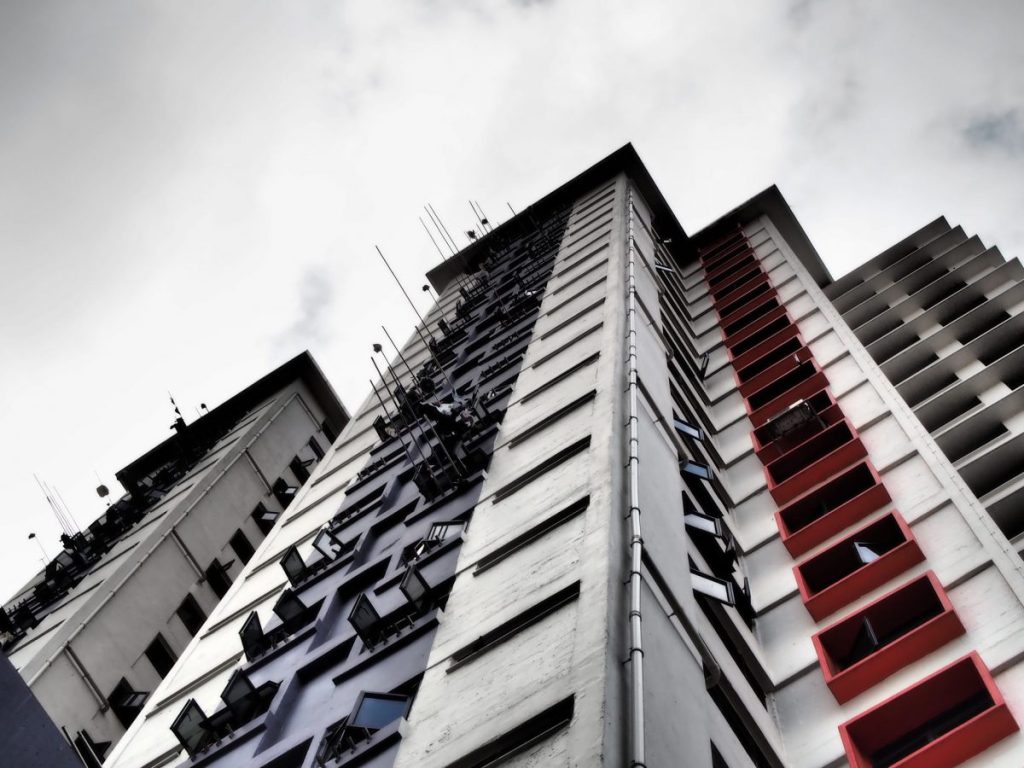
Do These Beliefs Still Affect Property Sales in Singapore?
The Hungry Ghost Festival property Singapore link remains culturally relevant, but data tells a different story. URA statistics over the past few years show no major dip in sales during the seventh month — transaction volumes remain largely consistent year-round.
This shows that while superstition still lingers in conversation, most modern homebuyers now focus on fundamentals: location, price, and amenities.
Even areas once associated with cemeteries, such as Bishan and Bidadari, have transformed into some of the most desirable neighbourhoods today — proving that history doesn’t dictate future value. Iconic developments like ION Orchard and Ngee Ann City now stand on former burial grounds, showing just how adaptable and forward-looking Singapore’s real estate landscape has become.
The Takeaway: From Fear to Fundamentals
The Hungry Ghost Festival is an enduring part of Singapore’s cultural heritage, blending spirituality, respect, and community. Yet, in property terms, it’s clear that modern buyers are guided more by logic than lore.
While it’s wise to be culturally sensitive — especially in client-facing industries — it’s equally important to recognise that the property market today is driven by confidence, timing, and opportunity.
For those unfazed by superstition, Ghost Month can even present a quiet window to hunt for bargains. After all, as the saying goes: “Fortune favours the brave — and the informed.”
Blogs
We think that these articles might be of interest to you or perhaps you might be interested with our latest Singapore Upcoming New Launches list?












